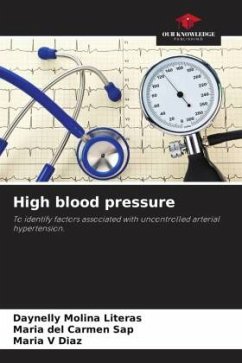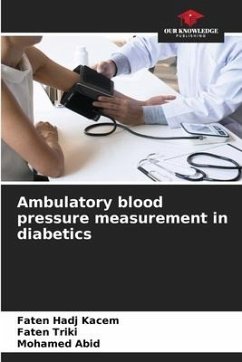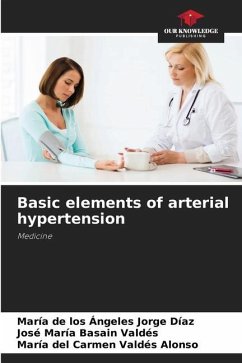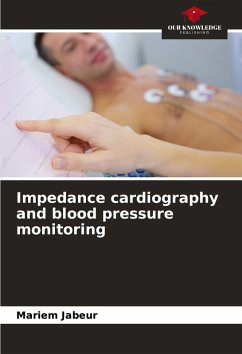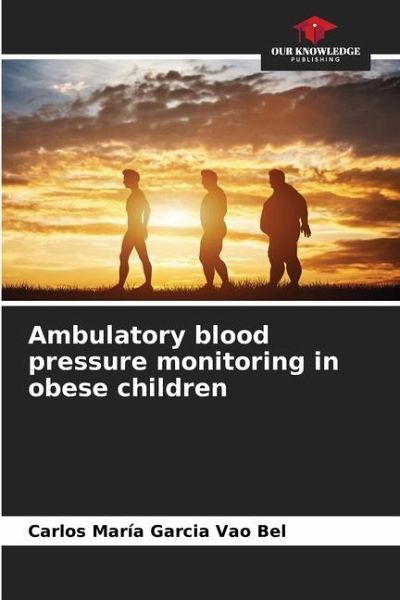
Ambulatory blood pressure monitoring in obese children
Versandkostenfrei!
Versandfertig in 6-10 Tagen
47,99 €
inkl. MwSt.

PAYBACK Punkte
24 °P sammeln!
Obesity is a serious health problem worldwide, and in recent years there has been a worrying increase in its incidence in the pediatric population. It is currently accepted that the increase in the prevalence of childhood obesity is due to an imbalance between energy intake and expenditure, but there are a percentage of cases derived from the existence of underlying genetic, endocrinological or syndromic alterations that must be taken into account, since they grow as the pathophysiological knowledge of obesity increases. Metabolic programming, the role that environment and nutrition play durin...
Obesity is a serious health problem worldwide, and in recent years there has been a worrying increase in its incidence in the pediatric population. It is currently accepted that the increase in the prevalence of childhood obesity is due to an imbalance between energy intake and expenditure, but there are a percentage of cases derived from the existence of underlying genetic, endocrinological or syndromic alterations that must be taken into account, since they grow as the pathophysiological knowledge of obesity increases. Metabolic programming, the role that environment and nutrition play during critical periods of development, is known to play a very important role in the development of obesity. The rationale for this book is to assess the prevalence of hypertension in children with obesity and to obtain sufficient data to formulate a recommendation regarding the performance of ambulatory blood pressure monitoring in patients with obesity.



